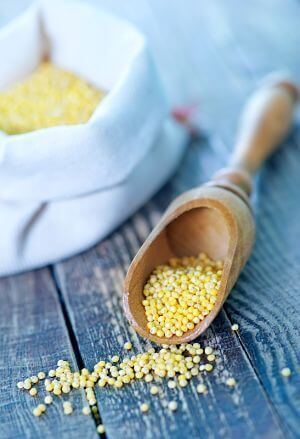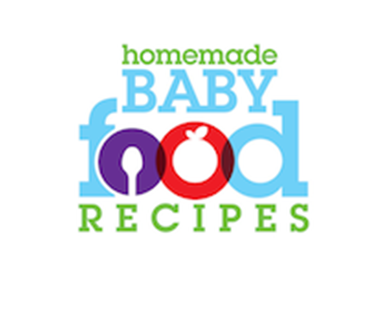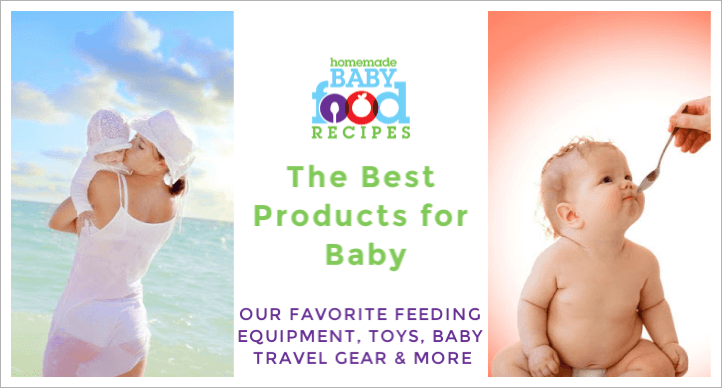Wheat Flour Substitutes – Healthy Alternatives For Baby

If your baby has been placed on a wheat-free diet, these wheat flour substitutes will help you continue to provide him with healthy, homemade food.
Making your own baby food is, perhaps, even more important if your baby has an allergy or sensitivity to a particular food.
It is the ONLY way you can be completely sure of what his food contains.
See our wheat allergy page for information about the ingredients derived from wheat that you need to look out for in commercially prepared foods.
PLEASE NOTE: The information given here is meant as a guide and does not replace professional medical advice. You should always consult a doctor before introducing any new foods to your child. If your baby is on any kind of elimination diet – when certain foods have to be excluded due to allergy or intolerance – you should consult a dietitian, who will ensure that his nutritional needs are being fully met.
Using wheat flour substitutes
There is no getting away from the fact that some foods – particularly breads – will differ in taste and texture when made with wheat flour substitutes. It is, after all, the gluten in wheat that binds dough and helps bread to rise.
The good news is that many of these wheat flour substitutes are superior to wheat in their nutritive qualities and, with a little creativity in the kitchen, you can still achieve excellent results.
Visit Real Food Living – Cooking With Wheat Flour Substitutes for some useful techniques to help you successfully use these wheat alternatives in your recipes.
List of wheat flour substitutes/alternative grains
Barley, oats, rye.
Although these grains can be used in place of wheat, they all contain GLUTEN.
So, if baby has been diagnosed with gluten intolerance, these foods should be avoided too.
Remember that “wheat-free” doesn’t always mean “gluten-free”.
Oats are a very good source of silica, which is important for supporting the body’s connective tissues. You can read more about preparing oats for your baby here and try our barley baby food recipes here.
Rye flakes can be used to make a nourishing, warm, cooked cereal.
Millet
This is the most easily digested grain available – and is also the least allergenic. It is a good source of silica and protein.
Millet flour can be used for baking and the grains can be used to make porridge, or can be cooked and served like rice.
Rice and wild rice
Rice flours are often used as wheat flour substitutes. Creamed rice can be given to baby as a cereal and, for older babies, cooked rice can be used in place of breadcrumbs to make stuffing.
Sorghum
Sorghum is a cereal grain, similar to millet, which is ground to produce sorghum flour.
Buckwheat
Despite its name, buckwheat is not a type of wheat and is not even a cereal grain!
It is gluten free and therefore safe for a gluten intolerant baby.
Buckwheat flour is also known as beechwheat, kasha or saracen corn.
Buckwheat groats can be used to make a hot breakfast for baby, or simply served as part of a main meal!
Learn more about introducing buckwheat
OR
Try this buckwheat breakfast for baby
Amaranth
Another non-cereal, gluten-free grain which is ground for baking, amaranth is a very rich source of calcium, magnesium and silica. It has been widely used in Mexico to prevent malnutrition.
It can be prepared and served like rice.
Quinoa
Quinoa is related to the amaranth grain and – like amaranth - it is a particularly rich source of calcium.
It has the highest protein content of all grains and also provides baby with phosphorus (important for a healthy heart, kidneys and brain), iron and vitamins B and E.
Quinoa, too, can be cooked and served like rice, although many people prefer to serve it with other grains.
Chickpeas
Chickpeas flours can also be used as wheat flour substitutes and are also known as gram or garbanzo flours.
Ground flaxseeds
These are high in Omega 3 fatty acids, fibre and manganese. Flaxseeds are digested more easily when ground.
Potato starch, arrowroot powder, tapioca and cornstarch
These are good wheat flour substitutes to use for thickening gravies or sauces for baby, or for binding ingredients in baking
The following flours are NOT wheat flour substitutes and DO contain wheat ingredients. They are, therefore, UNSAFE IN A WHEAT-FREE DIET.
- brown flour
- bulgar flour
- cake flour
- granary flour
- durum flour
- plain flour
- self-raising flour
- semolina
- wholemeal flour
triticale - sauce flour
- kamutspelt
- graham flour
Beware of pasta
Pasta is made from semolina, which comes from the outer coating of wheat – so it is important that you look for wheat-free pasta for your baby. Cous cous, too, is unsuitable for a wheat-free diet, as it is made from rolled semolina coated with wheat flour.
Where can I buy wheat alternatives?
Most of these wheat flour substitutes are available at natural health stores, many Asian food stores, or online.
But, as their popularity grows (particularly as the benefits of these non-wheat grains are now becoming apparent), many leading grocery stores are “catching on” and now stock these flours and grains.
More articles and recipes…
Wheat allergy and gluten intolerance
Giving baby sesame foods, such as hummus and halva

